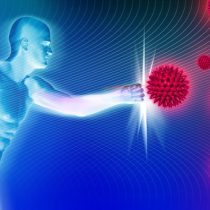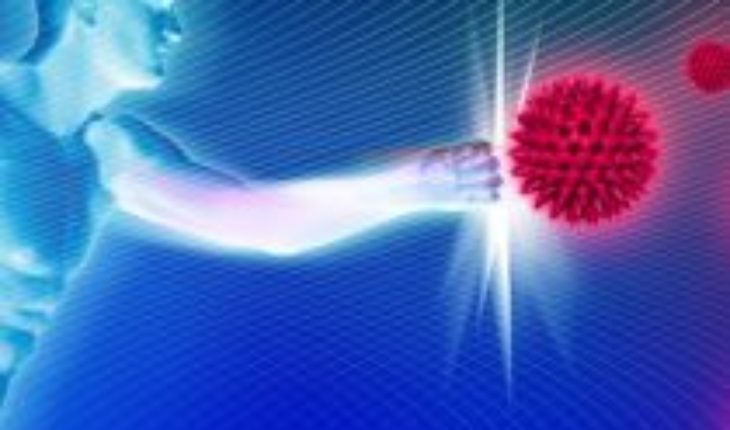
The coronavirus arrived in the country and Chileans look with concern at the evolution of this new infectious disease, which has a high risk of contagion.
The director of the School of Nutrition and Dietetics of the University of Valparaiso, Rafael Jiménez, points out that, together with following the guidelines given by the health authority, it is necessary to bear in mind that the defense system can be strengthened by improving the quality of our food.
The academic explains that the body is always exposed to various diseases caused by agents such as viruses and bacteria. That is why it is important to know how to strengthen the body with a healthy and balanced diet.
“Defences can be resented both by excess energy (such as obesity), and by an energy deficit (malnutrition), with more chances of infective diseases,” says the nutritionist.
In turn, it warns that unbalanced calorie-restricted diets of less than 1,200 calories a day can decrease immune function. But it is not only a matter of quantity, but also of quality: “There are nutrients that cannot be absent in a balanced diet, since the body is the one that suffers and above all our immune system”.
“People when dieting the first thing they restrict are fats, and while this is important for weight management, it also influences the functioning of the immune system. The provenance or quality of the fats we introduce into our diet is extremely important. The main thing is to reduce the consumption of saturated fats and include in our diet essential fats such as that provided by fish, nuts, olive oil, canola oil, among others, in order to ensure a balanced contribution of different essential oils for the organism,” he explains.
The nutritionist also stresses the importance of dairy, particularly those containing probiotics: “It is recommended to consume them daily, as it has been shown to increase the body’s defenses, both in children and adults. In this regard, a good choice of probiotics is the straw or kefir yogurt.”
Vitamins and minerals
Jiménez complements that the consumption of fruits and vegetables is essential, because they are rich in bioactive compounds, vitamins and minerals, which strengthen the immune system. “Following a balanced diet, including a variety of foods in the right amounts, is the essential thing to naturally strengthen our immune system. For example, vitamin C increases the production of interferon (a cellular substance that prevents a wide range of viruses from causing infections), so immunity can be boosted. Kiwi, mango, pineapple, persimmon, citrus, peppers, tomato, cabbage family vegetables and fruits and vegetables generally have vitamin C. Vitamin C, such as E and provitamin A, called carotenes (carrot, shoe and yellow fruits) also serve as an antioxidant function, which is a defense against stress and cellular aging,” he adds.
Regarding minerals, Jiménez points out that iron deficiency (more common in young people, pregnant women and older adults) decreases cell proliferation (multiplication and growth of cells) and immune response. Iron is found in the liver, meats, fish, egg and, to a lesser extent, dairy. Meanwhile, zinc deficiency, which is relatively common in children, pregnant women, nursing mothers, the elderly and people who are low in calories or on low-calorie diets, mainly affects lymphoid organs (which produce lymphocytes) and immune response. Zinc is found in seafood, liver, pumpkin seeds, cured cheeses, legumes and nuts, whole cereals, meats, fish, eggs and dairy.





